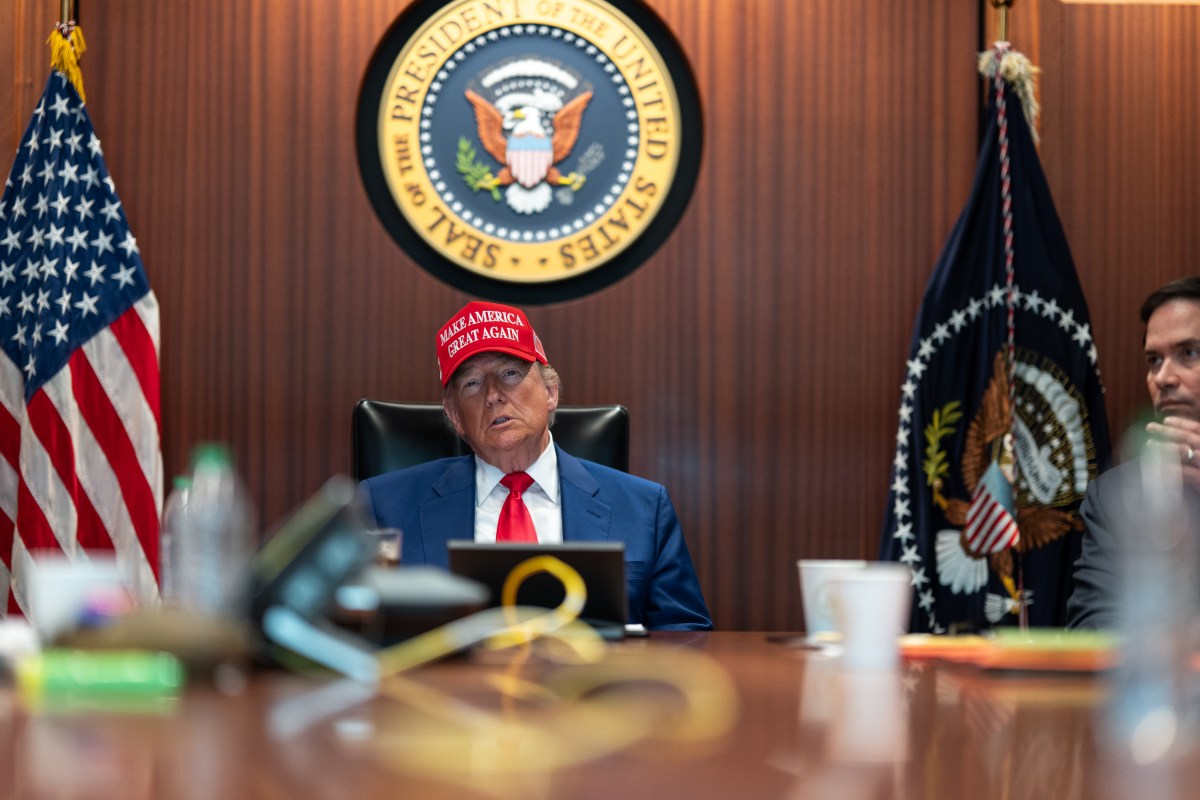President Donald J. Trump has signed the **HALT Fentanyl Act** into law, a bipartisan measure that permanently classifies all fentanyl-related substances as **Schedule I narcotics**, the most restrictive category under U.S. drug policy.
The legislation aims to close long-standing legal gaps that allowed traffickers to evade prosecution by modifying fentanyl’s chemical structure. Under the new law, individuals convicted of trafficking fentanyl analogues face **mandatory minimum sentences of 10 years**, with enhanced penalties for repeat offenses and large-scale distribution.
At the White House signing ceremony, President Trump described the law as “a historic step toward justice” and emphasized its role in dismantling international drug networks. The event featured families affected by the opioid crisis, including anti-drug advocate Jackie Siegel, who lost both her daughter and sister to fentanyl-related overdoses.
The HALT Fentanyl Act also reflects broader geopolitical concerns. U.S. officials have linked the synthetic opioid supply chain to precursor chemicals originating in **China and Mexico**, and the administration has called for increased international cooperation to curb illicit exports.
While the law has drawn praise from law enforcement and advocacy groups, critics warn that its broad classification may hinder medical research and disproportionately affect marginalized communities. Nonetheless, its passage marks a rare moment of bipartisan agreement on drug enforcement policy.
TWW - The World Wide: Global News,Local Impact.

